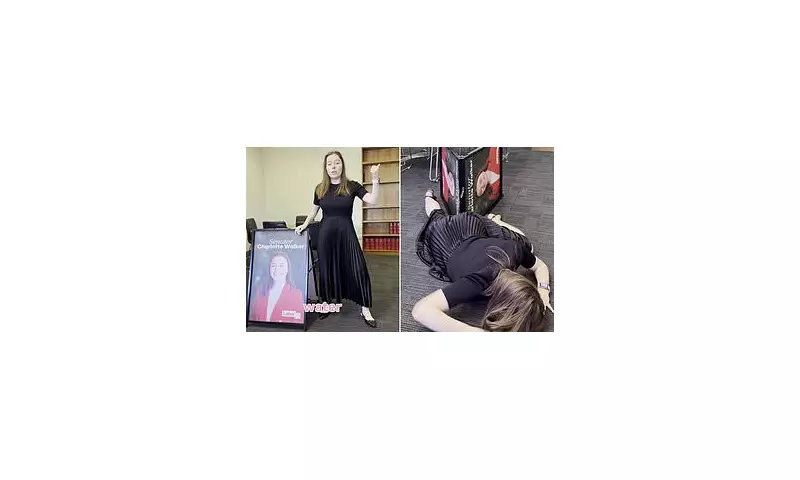
Australia's political landscape has been set ablaze by its youngest senator, whose unapologetically Gen Z approach to politics is creating a seismic generational divide.
The Video That Lit the Fuse
Firebrand senator Tammy Tyrrell has unleashed a social media storm with her latest video, telling Australian voters to embrace the phrase "slay" when heading to the ballot box. The 28-year-old's colourful presentation style has older generations clutching their pearls while younger Australians are cheering what they see as a long-overdue political revolution.
In the now-viral clip, Tyrrell delivers her political message with the casual, internet-native language that has become her trademark. Her call for voters to "slay" their electoral choices has become a cultural flashpoint, highlighting the growing chasm between traditional political communication and the language of digital natives.
Generational Battle Lines Drawn
The response has been predictably divided along age lines. Older Australians have expressed everything from bewilderment to outright anger at what they perceive as the trivialisation of serious political discourse. Many have taken to social media and talkback radio to question whether such informal language belongs in the hallowed halls of Parliament.
Meanwhile, Tyrrell's supporters argue that her approach is exactly what Australian politics needs to engage younger voters who feel disconnected from the staid, formal language of traditional politicians. They see her as a breath of fresh air in a system that has long failed to speak their language.
More Than Just a Word
This controversy represents something much larger than debate over a single piece of slang. It's become a proxy war for deeper questions about who gets to define political discourse and what constitutes "appropriate" political behaviour.
Political analysts suggest that Tyrrell's approach, while controversial, may signal a permanent shift in how politicians communicate with younger demographics. As digital natives increasingly enter positions of power, the language of politics appears to be evolving whether traditionalists like it or not.
The Future of Political Communication
What remains unclear is whether this style of political messaging will prove effective in the long term. While it certainly generates attention and engagement from younger voters, critics question whether it can translate into substantive policy influence.
One thing is certain: Tammy Tyrrell has successfully positioned herself at the centre of a crucial conversation about the future of Australian democracy and who gets to participate in it. As the generational divide in political communication widens, all eyes will be watching whether this controversial approach can deliver real political results.





